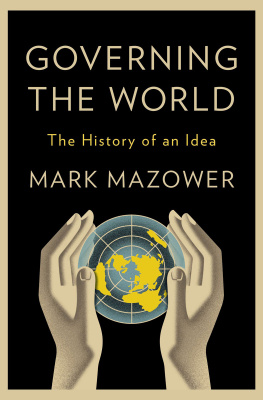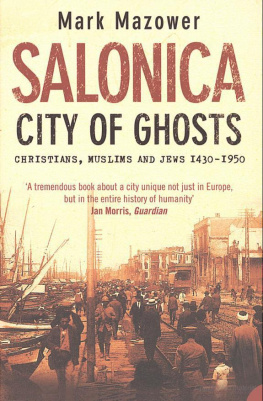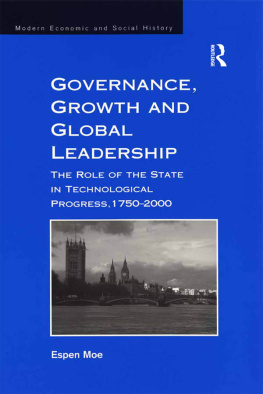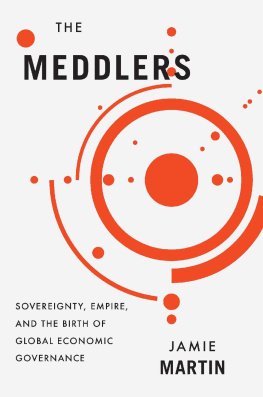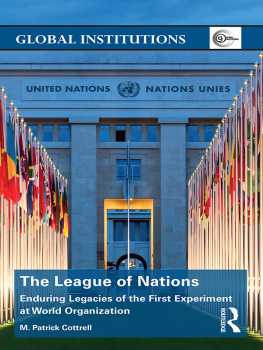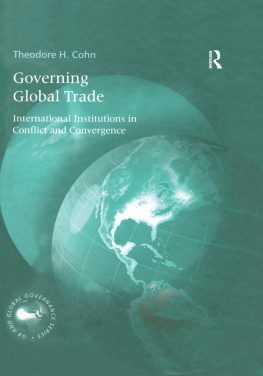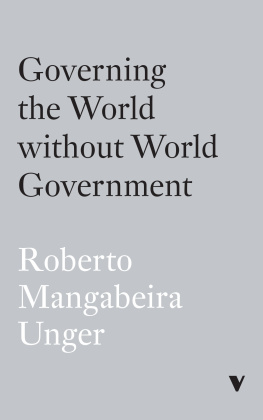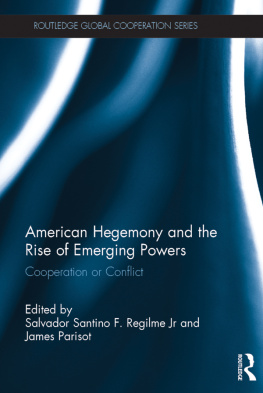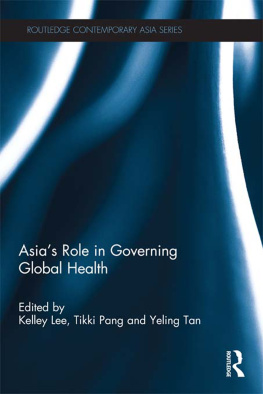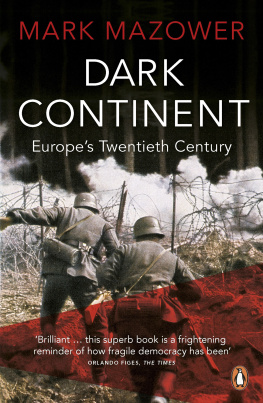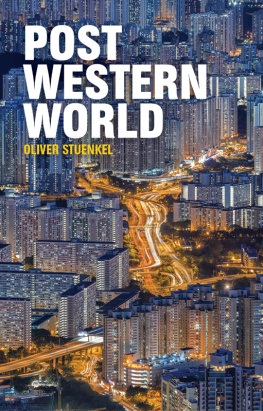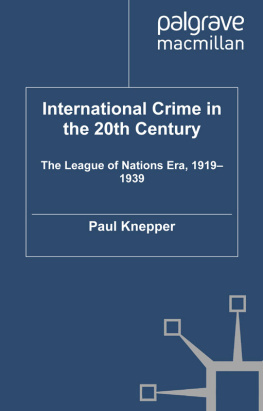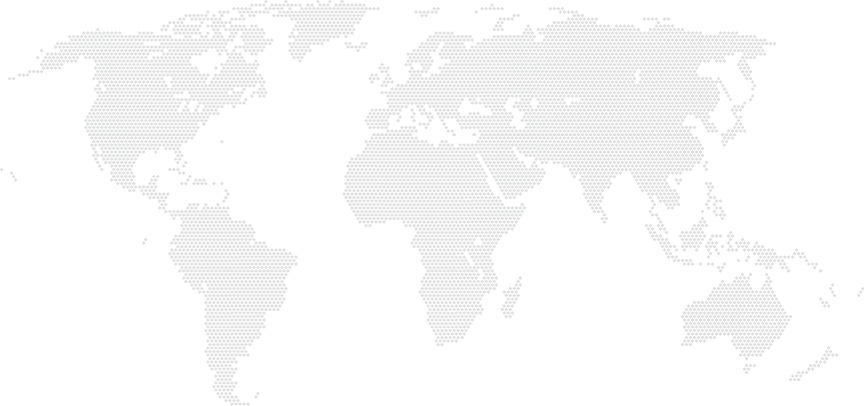Also by MARK MAZOWER
Hitlers Empire
Salonica, City of Ghosts
The Balkans
Inside Hitlers Greece
After the War Was Over
Dark Continent
Governing THE World
The History of an Idea
MARK MAZOWER
THE PENGUIN PRESS | New York 2012
THE PENGUIN PRESS
Published by the Penguin Group
Penguin Group (USA) Inc., 375 Hudson Street, New York, New York 10014, U.S.A. Penguin Group (Canada), 90 Eglinton Avenue East, Suite 700, Toronto, Ontario, Canada M4P 2Y3 (a division of Pearson Penguin Canada Inc.) Penguin Books Ltd, 80 Strand, London WC2R 0RL, England Penguin Ireland, 25 St. Stephens Green, Dublin 2, Ireland (a division of Penguin Books Ltd) Penguin Books Australia Ltd, 250 Camberwell Road, Camberwell, Victoria 3124, Australia (a division of Pearson Australia Group Pty Ltd) Penguin Books India Pvt Ltd, 11 Community Centre, Panchsheel Park, New Delhi 110 017, India Penguin Group (NZ), 67 Apollo Drive, Rosedale, Auckland 0632, New Zealand (a division of Pearson New Zealand Ltd) Penguin Books (South Africa) (Pty) Ltd, 24 Sturdee Avenue, Rosebank, Johannesburg 2196, South Africa
Penguin Books Ltd, Registered Offices:
80 Strand, London WC2R 0RL, England
First published in 2012 by The Penguin Press,
a member of Penguin Group (USA) Inc.
Copyright Mark Mazower, 2012
All rights reserved
Excerpt from Is It the Dawn? by James T. Shotwell. Published in Think, 11 (April 1945).
ISBN 978-1-101-59589-3
No part of this book may be reproduced, scanned, or distributed in any printed or electronic form without permission. Please do not participate in or encourage piracy of copyrighted materials in violation of the authors rights. Purchase only authorized editions.
To Selma, Jed, and Marwa
Contents
Introduction
T HE MILLENARIAN EXPECTATIONS aroused by the ending of the Cold War first surfaced in December 1988 when the Soviet Communist Party general secretary Mikhail Gorbachev addressed the United Nations General Assembly. Dramatically announcing deep unilateral cuts to troop numbers along the borders of the USSR, he called for a new world order in which ideological differences would melt away. As American intellectuals hailed the end of history, U.S. president George H. W. Bush offered his version of the vision thing. Speaking to Congress shortly after Iraqi troops had invaded Kuwait, he pledged to get them out and predicted:
Out of these troubled times... a new world order can emerge: a new era, freer from the threat of terror, stronger in the pursuit of justice, and more secure in the quest for peace. An era in which the nations of the world, East and West, North and South, can prosper and live in harmony. A hundred generations have searched for this elusive path to peace, while a thousand wars raged across the span of human endeavor. Today that new world is struggling to be born.
For both Gorbachev and Bush waning superpower tensions presaged an era of international cooperation and a revitalization of the United Nations. But to others, this meant the onset of an unprecedented tyranny. In his 1991 bestseller The New World Order, televangelist Pat Robertson warned of the malign forces conspiring to take over the world in the name of virtue. A few years later, when an apocalyptic thriller of the coming End Times, the Reverend Tim LaHayes Left Behind, hit the bookshops, the Antichrist featured prominently in the shape of a handsome, articulate, and charismatic young secretary-general of the United Nations: Nicolae Carpathia is a man of violence masquerading as an apostle of peace, a ruthless Romanian who intends to use the UN to establish a global totalitarian dictatorship.
Some who particularly disliked the idea of a more powerful United Nations were reminded alarmingly of the prophecies of H. G. Wells. In his 1933 fantasy The Shape of Things to Come, Wells had foretold the eventual triumph of world governmenthe called it manifestly the only possible solution of the human problem. The book had described a decade-long war in Europe, a devastating plague, and the near collapse of civilizationa lengthy descent into chaos halted only once an English-speaking Dictatorship of the Air smashed the worlds organized religions and established an era of worldwide stability. A few years later, as the war he had anticipated erupted in Poland, the British novelist called on readers to fight for the better future a New World Order would usher in. Countless people... will hate the New World Order... and will die protesting against it, Wells had written in the first months of the war. We have to bear in mind the distress of a generation or so of malcontents. In the first U.S. presidential campaign of the new millennium, right-wing candidate Pat Buchanan recalled these words. Well, Mr. Wells, declared Buchanan. We are your malcontents. Buchanans nationalism was extreme, as his 0.4 percent of the vote suggested. But even before the victory of George W. Bush there was no mistaking the slump in American public approval ratings for the United Nations nor the mauling international organizations got whenever their funding was debated in Congress. The new president too turned his back rather publicly on his fathers multilateralism. Thank God for the death of the UN, wrote a Bush adviser, the neoconservative Richard Perle, in March 2003, as the bombs rained down on Baghdad.
More than the passing of time separates Wellss The Shape of Things to Come from the world of Tim LaHaye, Pat Buchanan, and George W. Bush. The technocratic assurance of British imperial modernism forms a striking contrast to the libertarian anxieties of the fin-de-sicle American heartland. If one exudes confidence in the capacity of government and institutions to define problems and find solutions, the other sees in Big Government at home and abroad the always-present threat of totalitarianism. To be sure, plenty of people in Wellss day thought his ideas far-fetchedevery bit as far-fetched as most Americans find the talk of black helicopters and a New World Order engineered by a conspiratorial global elite. And of course, since the tragic fiasco of Iraq, U.S. foreign policy has returned to multilateralism, reluctantly during Bushs second term and more decisively under Barack Obama. Yet the basic trajectory is real enough. We have moved from an era that had faith in the idea of international institutions to one that has lost it.
But we have lost more than that. For the Wellsian idea of a rational supranational government for the world was just one species within a much larger genus of secular internationalist utopias that go back the best part of two centuries and span a vast ideological range. In contrast to the Wellsians, for instance, communists, free-market capitalists, and anarchists have all sought to get beyond the state completely and imagined a kind of postpolitical mingling of peoples. Somewhere in the middle, between world government and no government, lies a vision of organized cooperation among nationsin technical terms, intergovernmentalism rather than, or modified only weakly by, supranational institutionsof the kind that has inspired the United Nations, the European Union, and other such multilateral organizations. Embedded in a matrix of hopes, fantasies, and fears, what these all have in common is the vision of a better future for mankind, one that lies within our grasp and power and promises our collective emancipation. My aim in this book is not to peddle my own alternative to the many versions of this dream that have emerged nor to promote any one of these over the others. It is rather to explore their historical evolution, to show how some of them have shaped realities through the institutions that they have inspired, and to ask what is left of them today.

